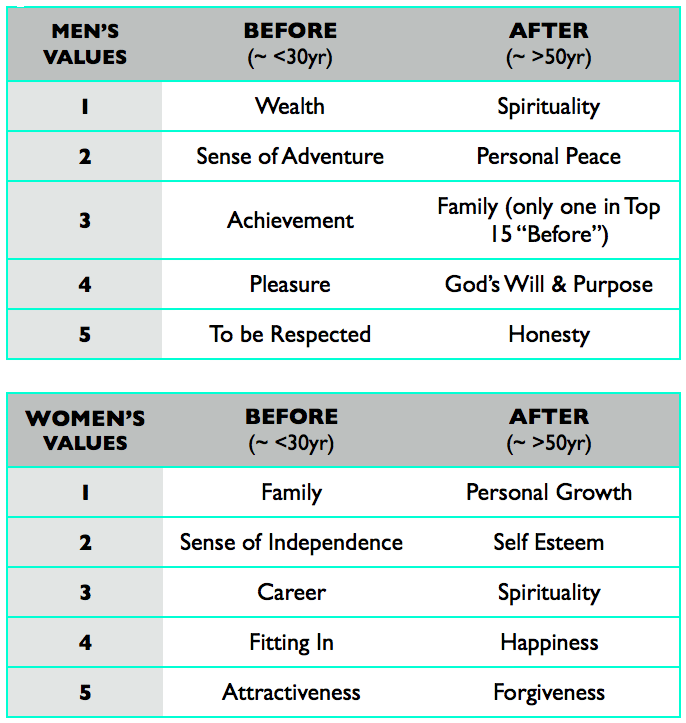Paradigms
Paradigms are established accepted norms, patterns of behavior, or a shared set of assumptions. Shaking them causes fear, uncertainty, and doubt; also known as the FUD Factor. Paradigms provide models that establish boundaries or rules for success. Paradigms may present structural barriers to creativity based on psychological, cultural, and environmental factors. Examples include:
- Flow charts, diagrams, and other conventions for presenting information (e.g., swim lane diagrams)
- Stereotypes about men and women and their roles in business, family, and society
- Where people sit in meetings—once they find a seat it becomes their seat for the rest of the meeting
Not All Bad
There are many more paradigms in life. Paradigms are not bad unless they become barriers to progress. People either understand paradigms or risk being left behind. What is impossible with one paradigm is easy with another—because “I didn’t know any better.” When paradigms change, everyone starts over.
Changing Paradigms
To cause groups to challenge and possibly modify their paradigms, do the following:
- Ask the “Paradigm Shift” question—“What is impossible today, but if made possible . . . What would you do?”
- Force the group to look at a familiar object or idea in a new way.
- Use the “Five-year Old” routine—ask—“But why?” frequently, or until the group thoroughly discusses an issue, its assumptions, and implications.
- Develop a clear problem statement or use a problem such as the example provided below).
“An automobile traveling on a deserted road blows a tire. The occupants discover that there is no jack in the trunk. They define the problem as “finding a jack” and decide to walk to a station for a jack. Another automobile on the same road also blows a tire. The occupants also discover that there is no jack. They define the problem as “raising the automobile.” They see an old barn, push the auto there, raise it on a pulley, change the tire, and drive off while the occupants of the first car are still trudging towards the service station.”
Getzels, J.W., Problem-finding and the inventiveness of solutions, Journal of Creative Behavior, 1975, 9(1), pp 12-18.
Shifting perspectives will frequently help “shake” paradigms. Consider using Edward de Bono’s Thinking Hats or imposing some other perspective or comparison such as:
- A monastery compared to the “mafia”
- Steve Jobs compared to Bill Gates
- Ant colony compared to a penal colony
- A weather system compared to a gambling system
- Mother Teresa of Calcutta compared to Genghis Khan
- Etcetera
FUD Factor: People DO Change
Research by Dyer (2007), has proven that people do change. There is a quantum shift of values after twenty to thirty years of life.
Change occurs across both men and women, although their before and after values remain different. The shifts shown below occur after a relatively significant change in maturity, such as we find today with “empty nesters” or people who find themselves no longer hosting others, in particular, their children.
Note the implications for a facilitated session with people coming from all four categories shown below.
______
Don’t ruin your career by hosting bad meetings. Sign up for a workshop or send this to someone who should. MGRUSH workshops focus on meeting design and practice. Each person practices tools, methods, and activities every day during the week. Therefore, while some call this immersion, we call it the road to building high-value facilitation skills.
Our workshops also provide a superb way to earn up to 40 SEUs from the Scrum Alliance, 40 CDUs from IIBA, 40 Continuous Learning Points (CLPs) based on Federal Acquisition Certification Continuous Professional Learning Requirements using Training and Education activities, 40 Professional Development Units (PDUs) from SAVE International, as well as 4.0 CEUs for other professions. (See workshop and Reference Manual descriptions for details.)
Want a free 10-minute break timer? Sign up for our once-monthly newsletter HERE and receive a timer along with four other of our favorite facilitation tools, free.

Terrence Metz, president of MG RUSH Facilitation Training, was just 22-years-old and working as a Sales Engineer at Honeywell when he recognized a widespread problem—most meetings were ineffective and poorly led, wasting both time and company resources. However, he also observed meetings that worked. What set them apart? A well-prepared leader who structured the session to ensure participants contributed meaningfully and achieved clear outcomes.
Throughout his career, Metz, who earned an MBA from Kellogg (Northwestern University) experienced and also trained in various facilitation techniques. In 2004, he purchased MG RUSH where he shifted his focus toward improving established meeting designs and building a curriculum that would teach others how to lead, facilitate, and structure meetings that drive results. His expertise in training world-class facilitators led to the 2020 publication of Meetings That Get Results: A Guide to Building Better Meetings, a comprehensive resource on effectively building consensus.
Grounded in the principle that “nobody is smarter than everybody,” the book details the why, what, and how of building consensus when making decisions, planning, and solving problems. Along with a Participant’s Guide and supplemental workshops, it supports learning from foundational awareness to professional certification.
Metz’s first book, Change or Die: A Business Process Improvement Manual, tackled the challenges of process optimization. His upcoming book, Catalyst: Facilitating Innovation, focuses on meetings and workshops that don’t simply end when time runs out but conclude with actionable next steps and clear assignments—ensuring progress beyond discussions and ideas.






Thanks for the comment. It’s not easy to “make our thinking visible.” We become creatures of habit, rather than conscious deliberators of action.
I love the idea of asking, “But why?” in response to something that’s been done the same way for the last five years. Not a bad idea to do with our own lives, as well. Thanks!